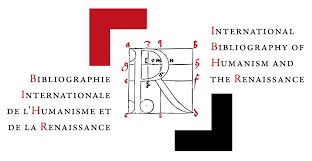“Yugoslav Atlantis” in the Balkan and Central European Optics of Dragan Velikić
DOI:
https://doi.org/10.31168/2073-5731.2024.3-4.14Keywords:
Yugoslavia, post-Yugoslav discourse, discourse about Central Europe, Balkans, Dragan VelikićAbstract
The article offers an analysis of Serbian writer Dragan Velikić’s book of essays “Yu-tlantis” (1993), which records the disintegration of Yugoslavia and the gradual cessation of the all-Yugoslav cultural space. Criticizing Serbian and Croatian nationalists, Velikić consistently rejects the polarization of the space and declares the nonfunctionality of many established oppositions (Serbian / Croatian, Byzantium / Rome, Bolshevism / Fascism) in relation to it. Velikić in his book refers to the images of the bridge and the path, key to the Balkan model of the world. Two bridges are contrasted – on the Drina (I. Andrić) and on the Neretva (the destruction of this bridge by Tito’s army in 1943 was one of the key events of the communist myth). Velikić applies to Yugoslavia the communicative means and motifs characteristic of the well-known discourse on Central Europe (M. Kundera, Cz. Miłosz, D. Kiš, etc.), continuing and developing it. According to Velikić, the main value of Yugoslavia lies in the joint cultural creativity of its peoples. The participants in the discussions about Central Europe in the 1980s saw the axiological significance of Central Europe in the same way.
Acknowledgements
Work was supported by a grant from the Russian Science Foundation No 22-18-00365, https://rscf.ru/project/22-18-00365/.
Received: 11.06.2024.
Revised: 18.06.2024.
Accepted: 24.09.2024.
Citation
Polyakov D. K. “Yugoslav Atlantis” in the Balkan and Central European Optics of Dragan Velikić // Slavic Almanac. 2024. No 3–4. P. 266–283 (in Russian). DOI: 10.31168/2073-5731.2024.3-4.14






